Learn why our scientists design Japanese obstacle courses for predatory snails and investigate nutritional value of marine biofouling.
Environmental DNA tools embark on BLAKE expedition to the Subantarctic
In February 2023, a diverse crew of 3 scientists from GNS Science, the University of Otago and Cawthron Institute, eleven young New Zealanders, five primary and intermediate teachers, joined BLAKE alongside DOC, MetService, mana whenua Kāi Tahu and a whole lot of New Zealand military embarked on the HMNZS Canterbury for Operation Endurance.
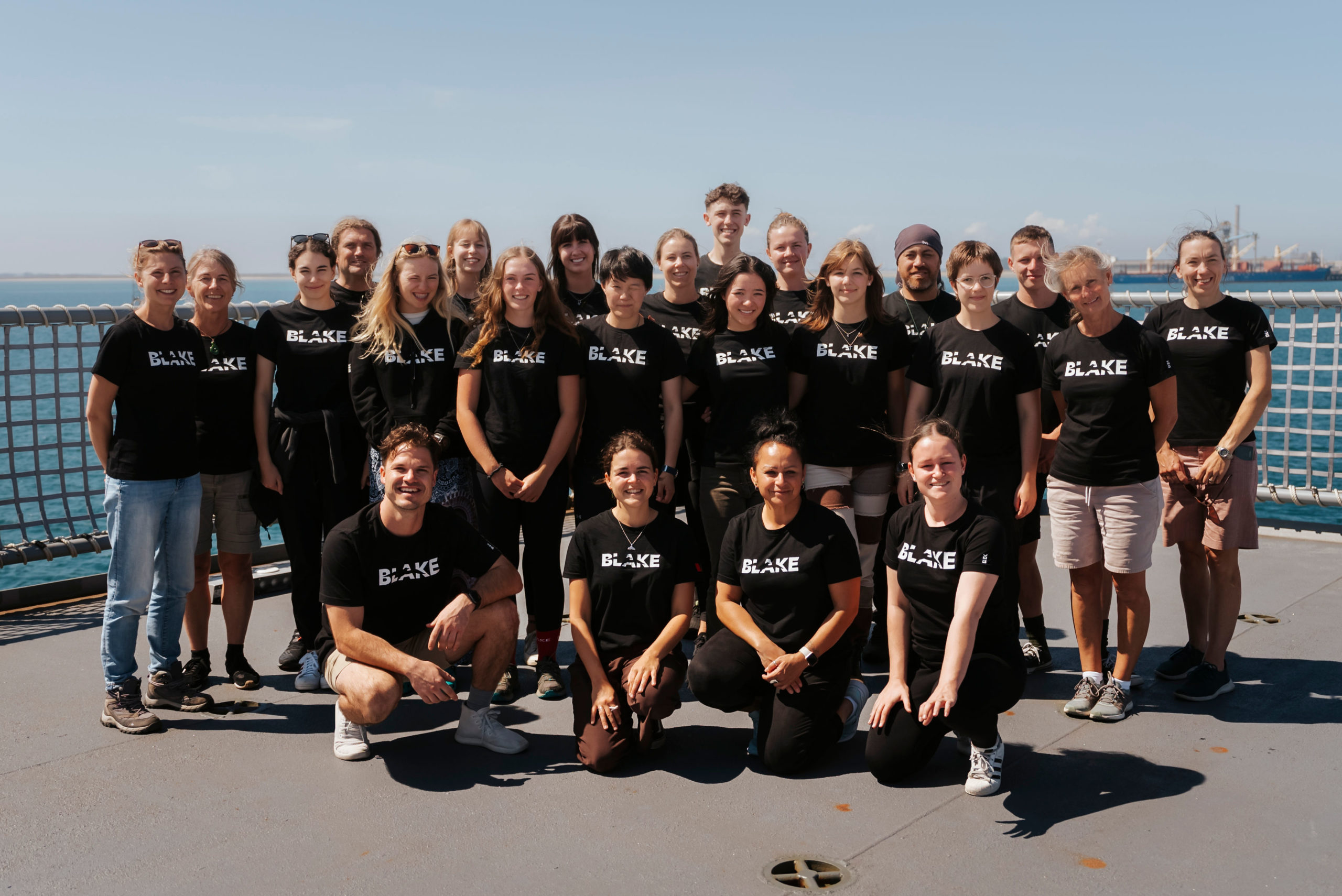
The BLAKE team on day one of the sixth BLAKE Expeditions programme on a scientific voyage of discovery. © Josh Morgan
DETECT team member Ulla von Ammon was fortunate enough to join the impressive ship to Campbell Island/ Motu Ihupuku in the Southern Ocean as part of the sixth BLAKE Expeditions programme on a scientific voyage of discovery. Ulla’s mission during this trip was to teach onboard about eDNA tools, developed within the Marine Biosecurity Toolbox, and taking at the same time samples to understand the spread of invasive species and land-derived pathogens on a gradient down South. This is particularly important in such remote places as the subantarctic islands where DOC was conducting one of the biggest and complete island pest eradication programs.
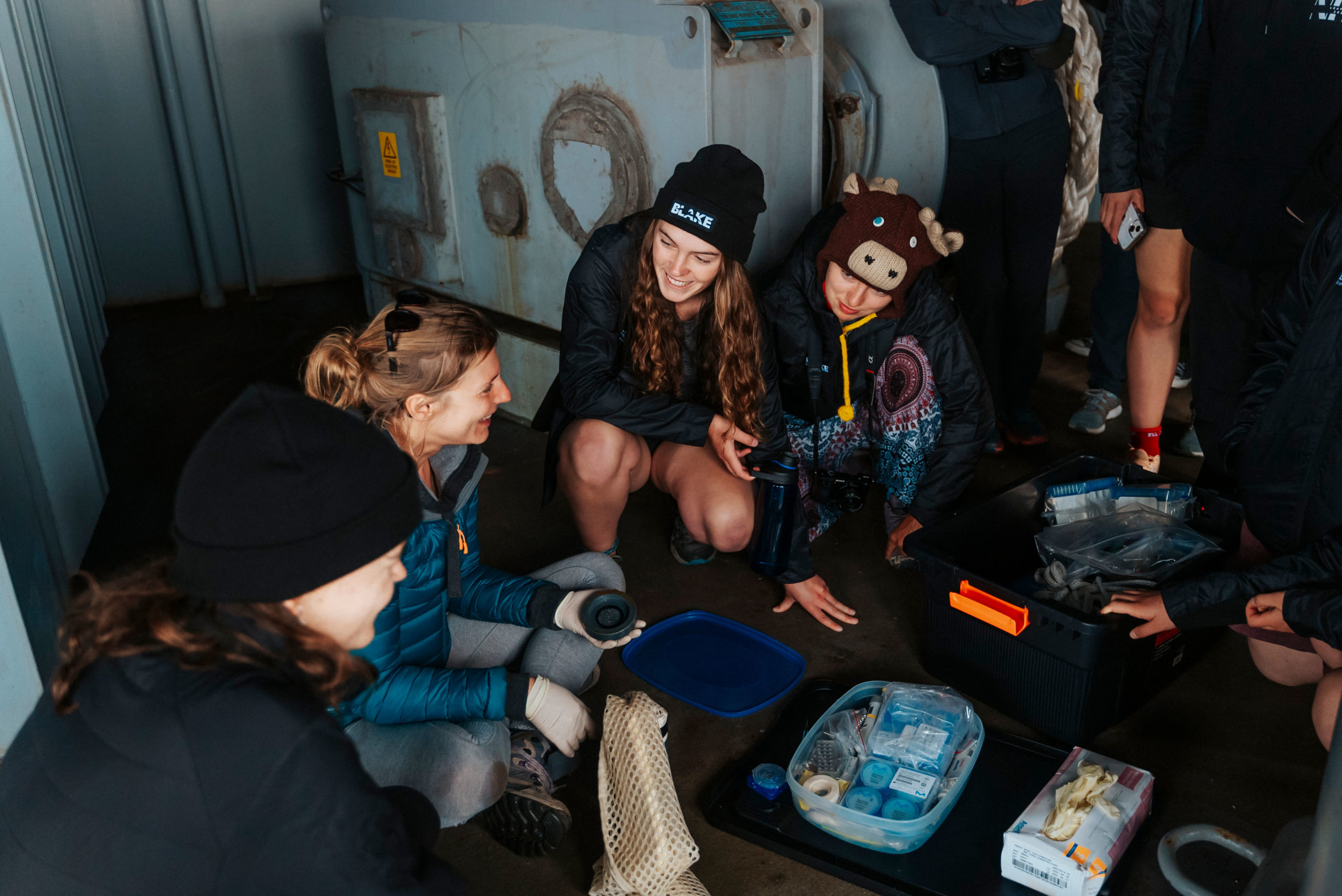
Environmental DNA sampling combined with the science outreach on BLAKE expeditions. © Josh Morgan
Motu Ihupuku, about 700 km south of New Zealand, has an abundance of iconic wildlife (penguins, royal albatrosses, sea lions are just few examples) and it is now one of the world’s most pristine nature reserves and we need to make sure it stays like this.
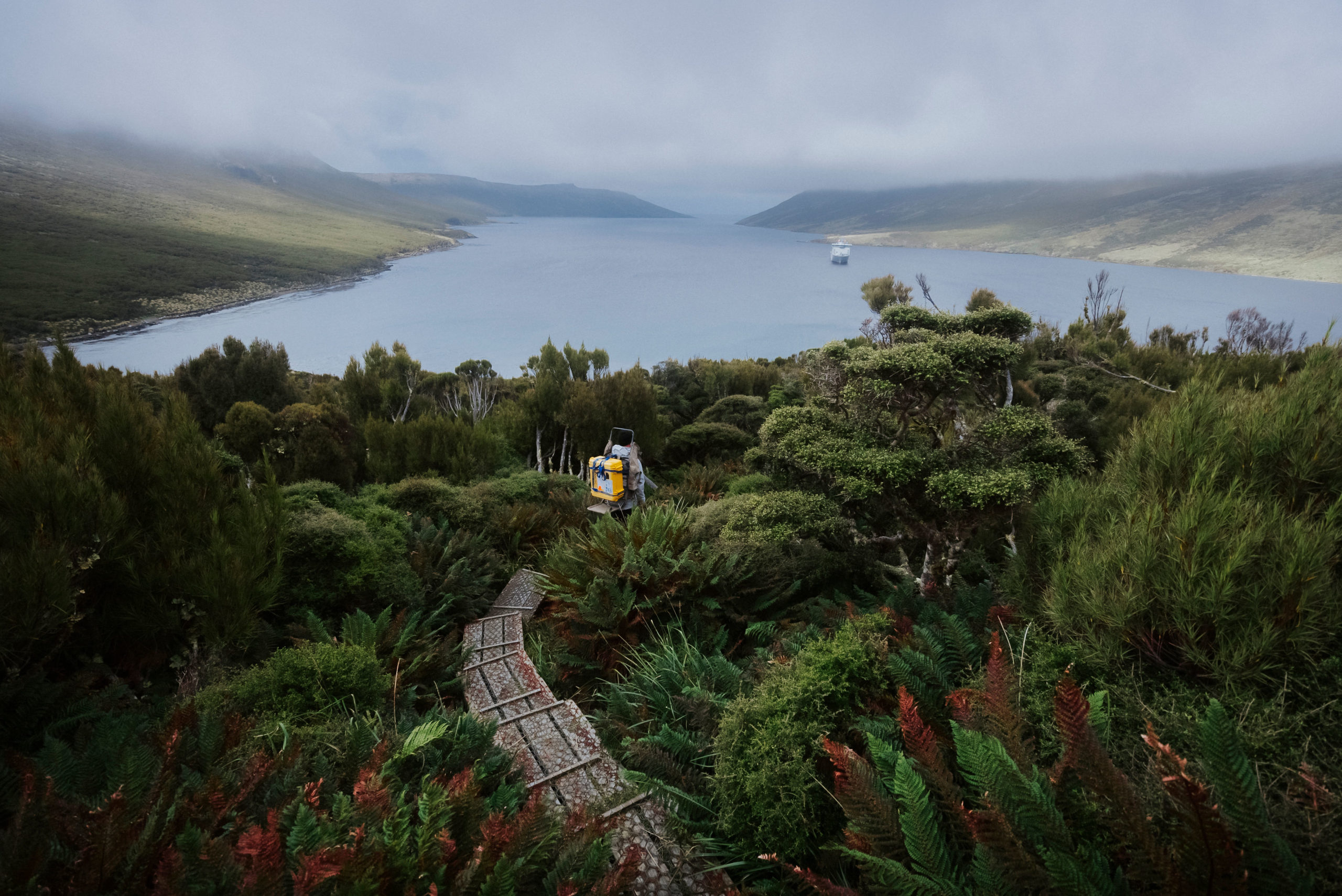
Campbell Island/ Motu Ihupuku in the Southern Ocean and the HMNZS Canterbury. © Josh Morgan
Despite the voyage being significantly shortened as the HMNZS Canterbury got commanded North to help with the devastating damage from Cyclone Gabrielle, we got the chance to tow our modified Cruising Speed Net at sea and around the island for at least a few times. Our planned onboard sample processing with the students and including the PdqEx extractor and qPCR assays didn’t fit into the journey this time. So, we will return to Cawthron’s molecular laboratories and having some dedicated BLAKE students joining Ulla for DNA extractions, PCRs and analysing the few samples and understanding the biodiversity we can unravel using eDNA.
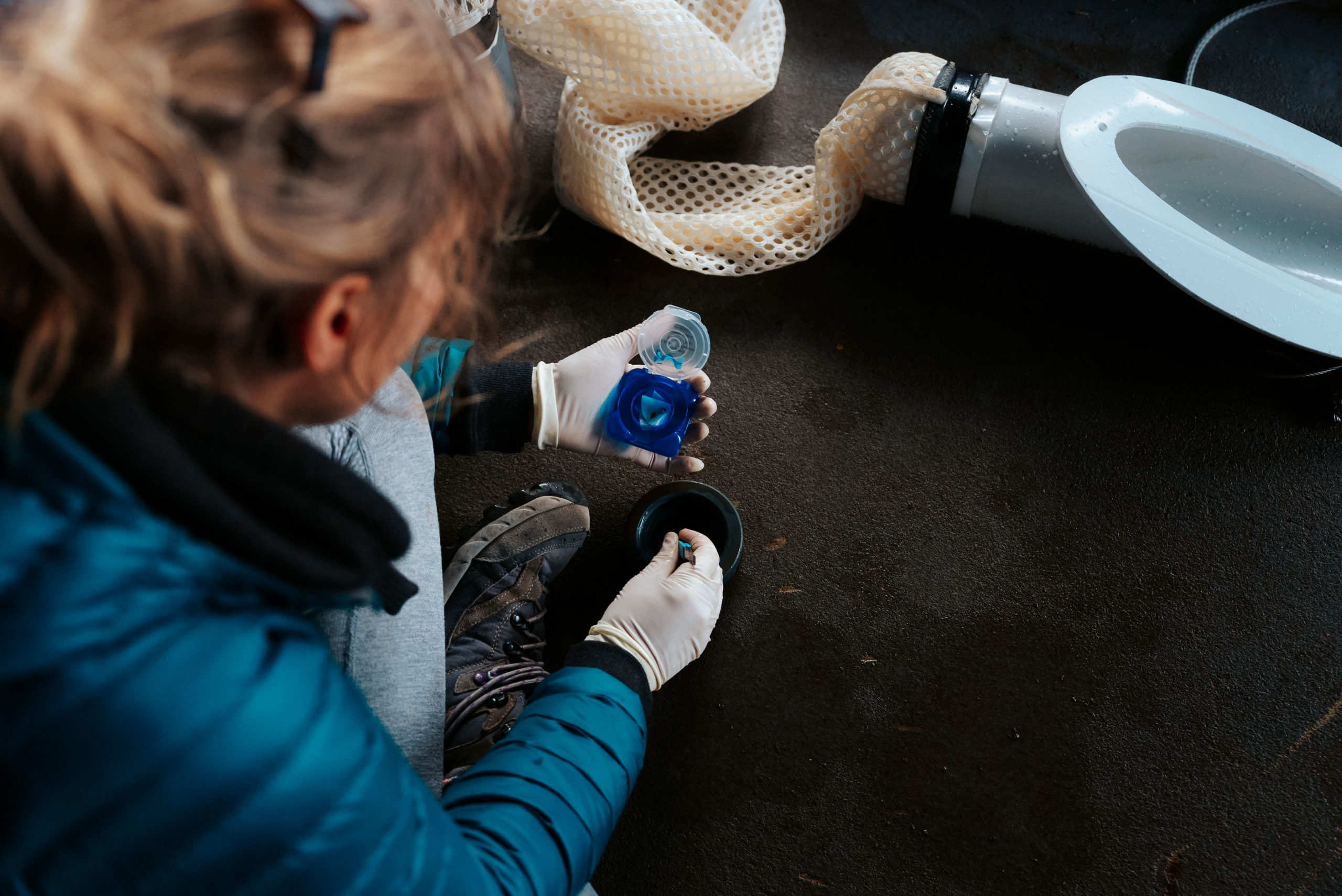
Environmental DNA sampling using the modified Cruising Speed Net designed as part of the Marine Biosecurity Toolbox programme. © Josh Morgan
We thank BLAKE for this surreal opportunity and were happy to have the chance supporting their aim to ignite and fuel a passion for the environment and provide opportunities for delegates to combine natural science and research with an ocean adventure.

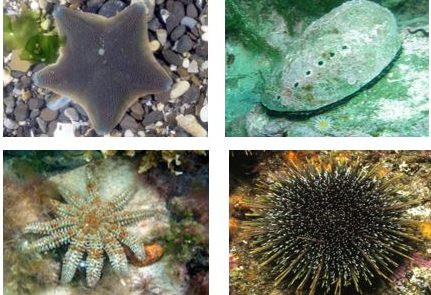
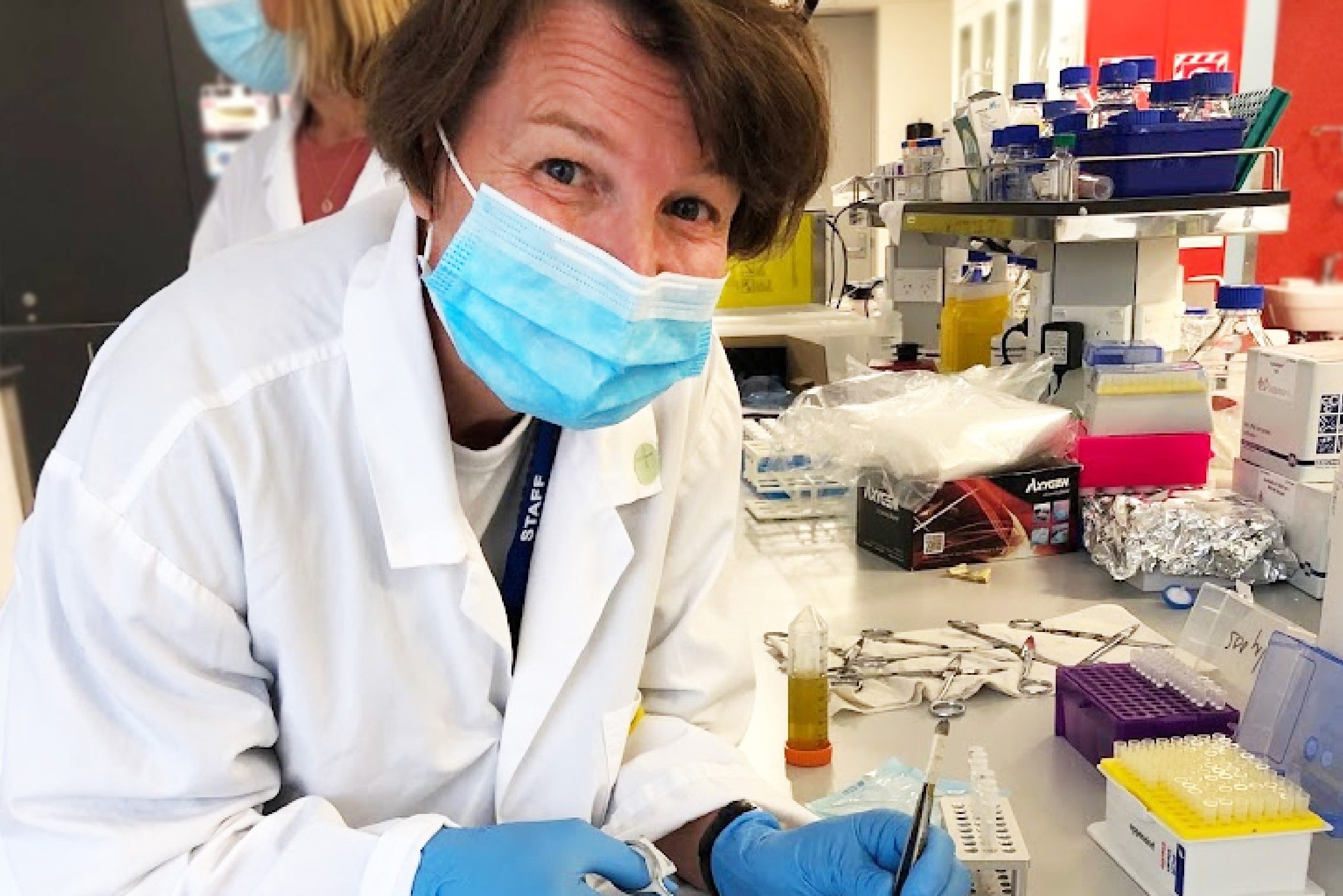
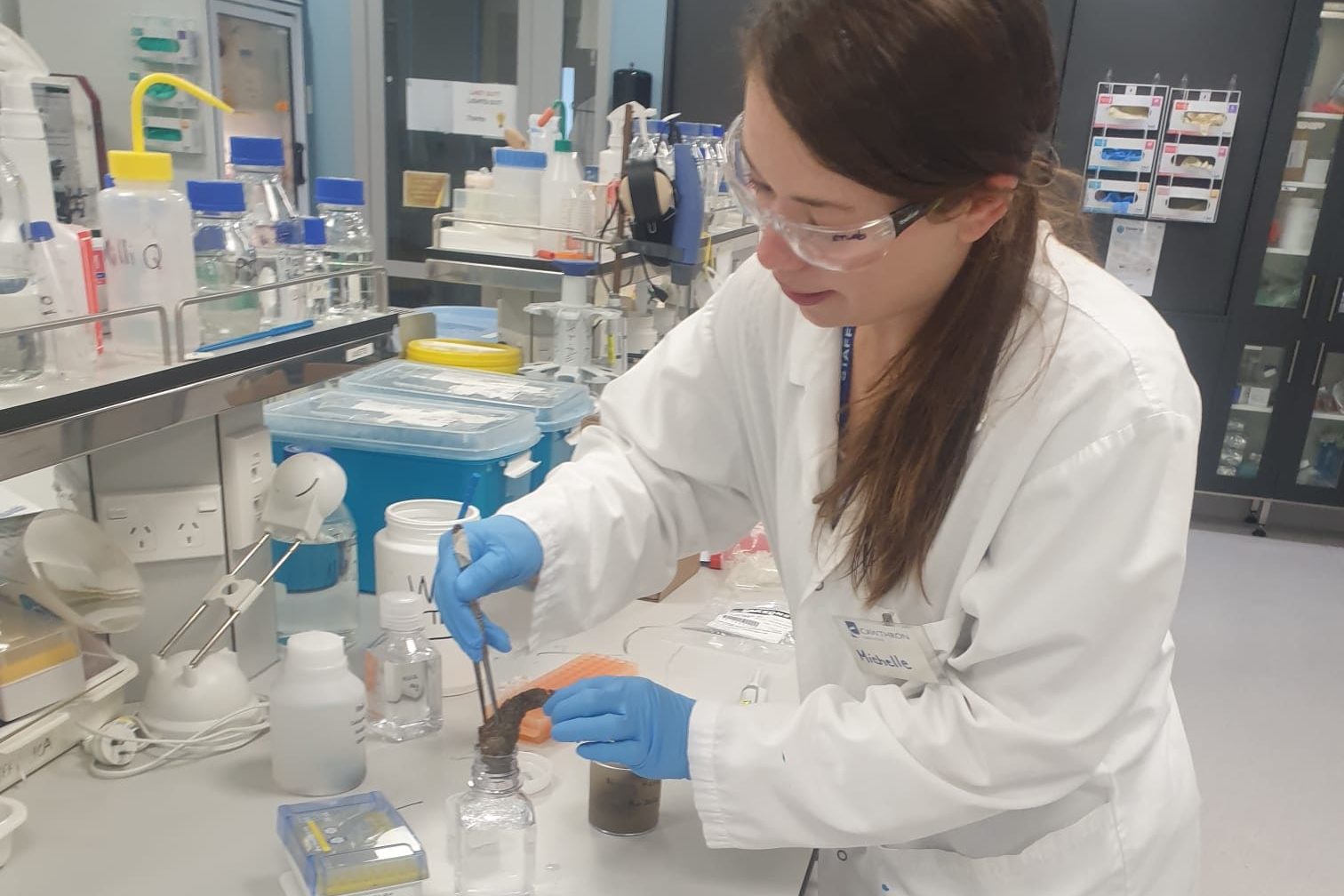
Comments (0)